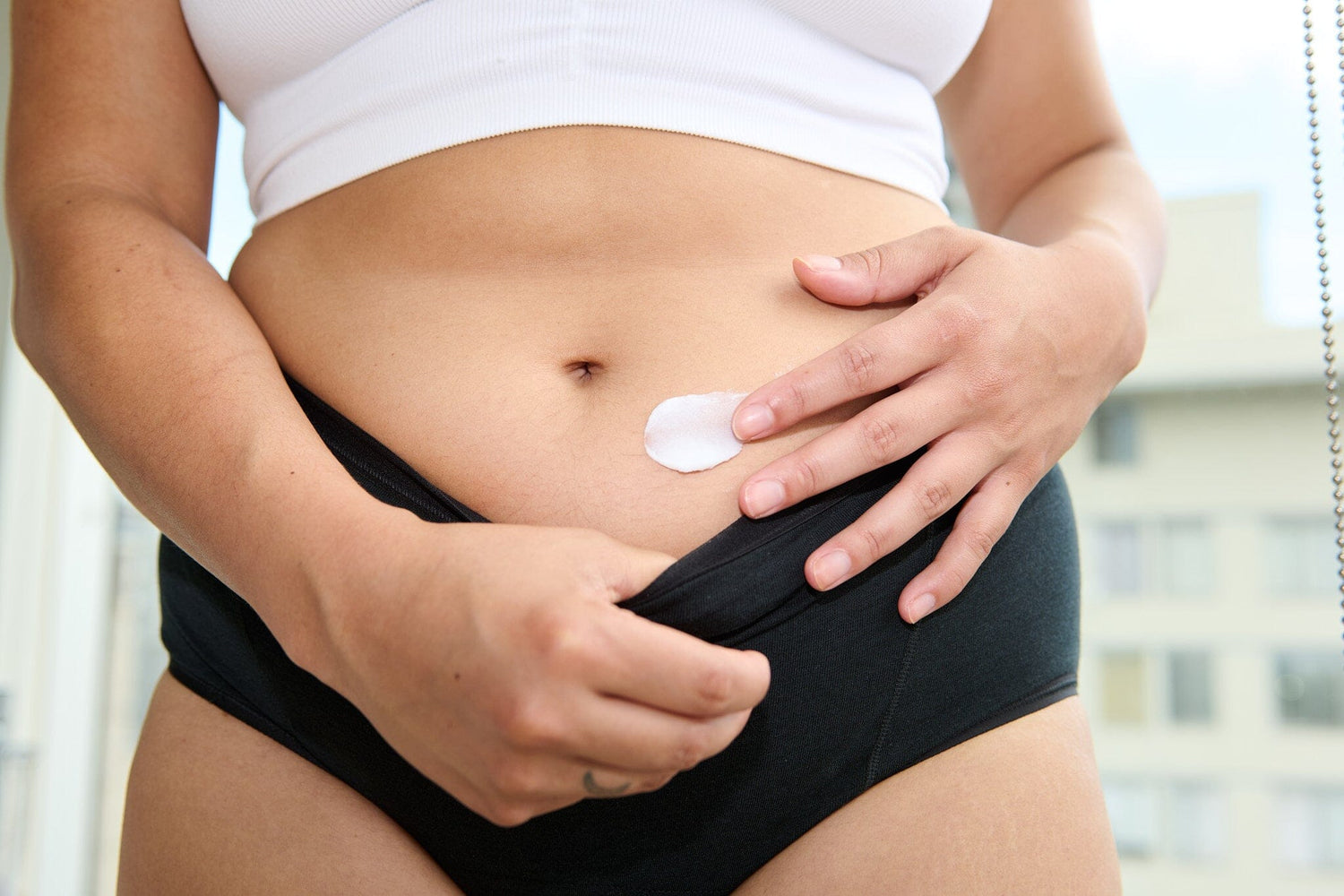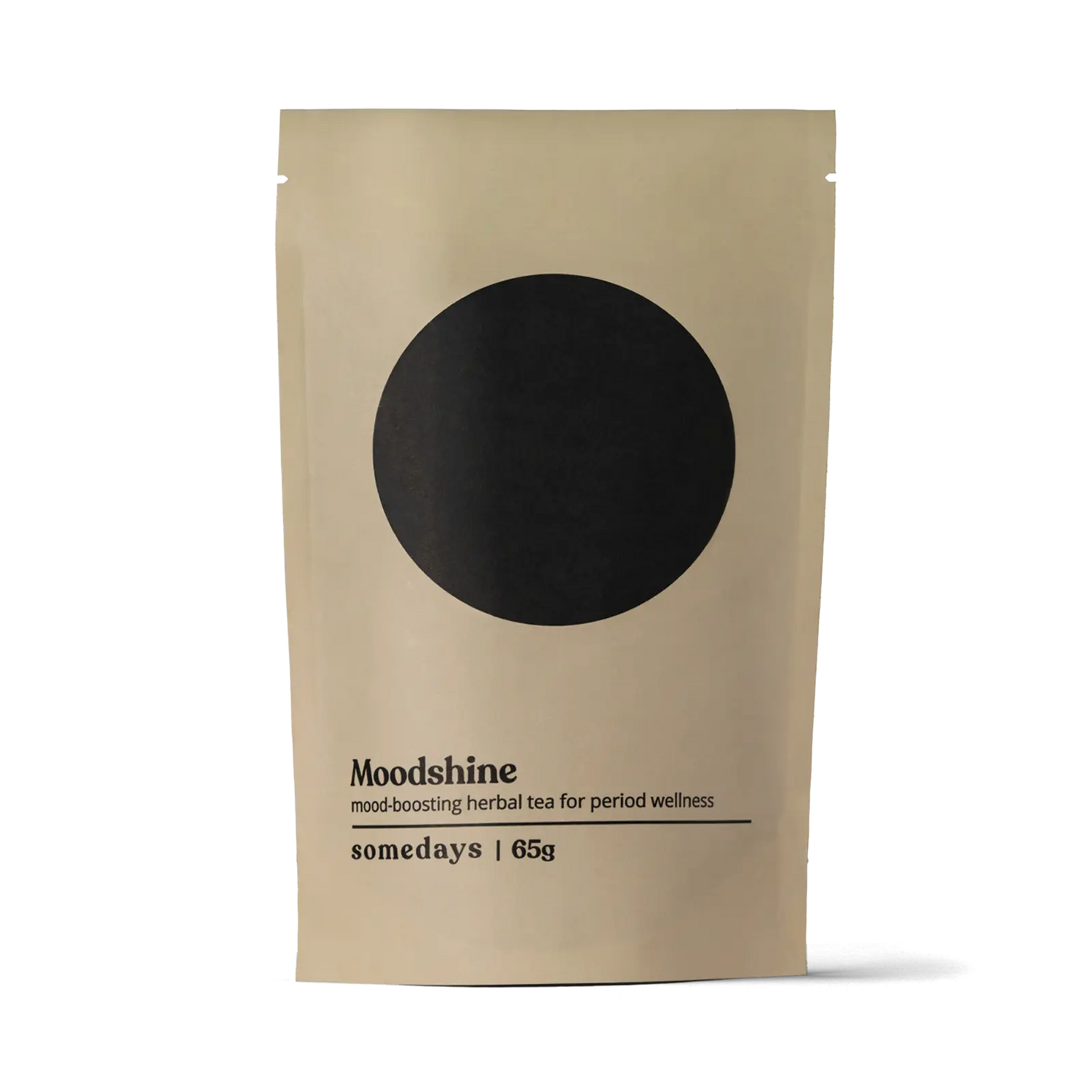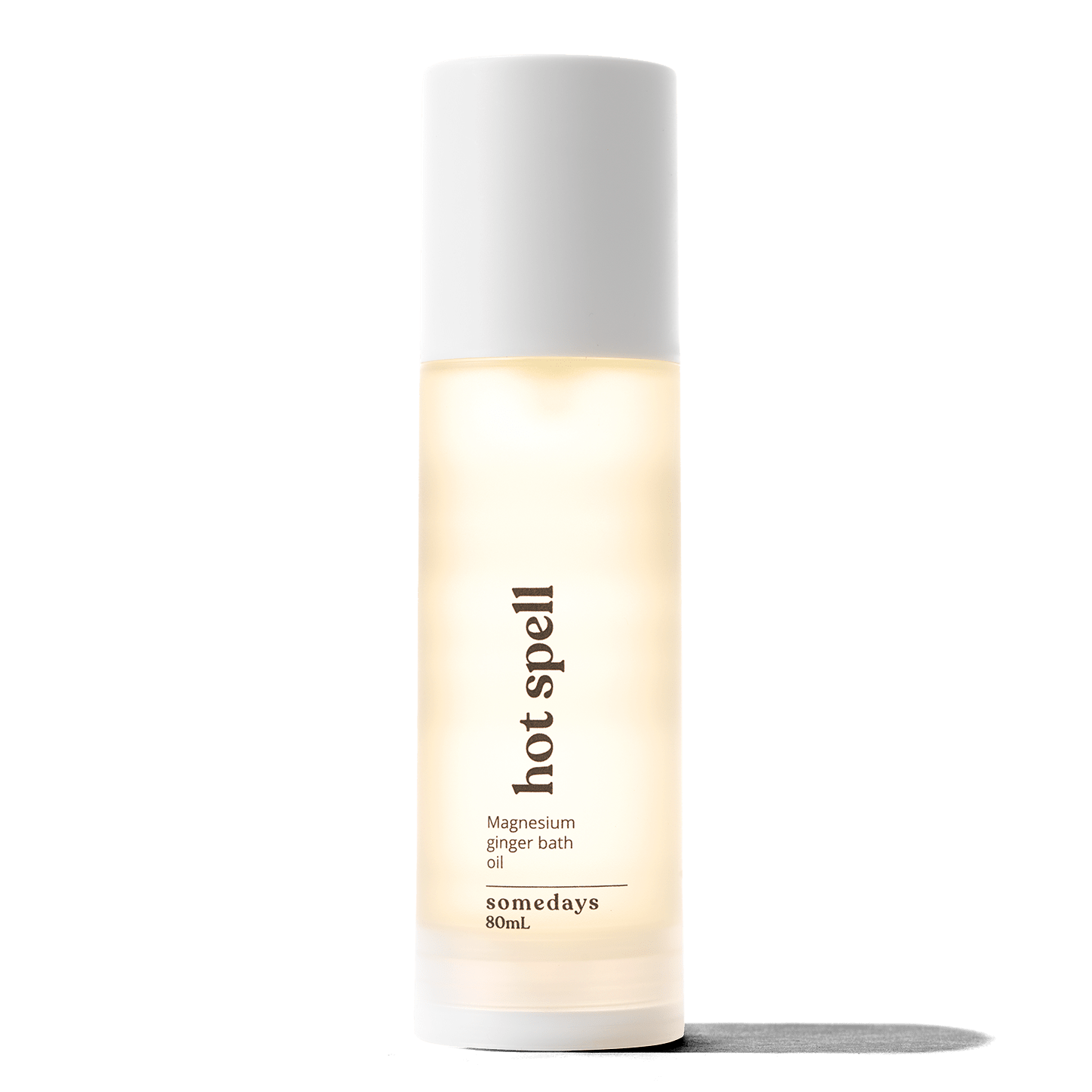The Connection Between Gut Health and Menstrual Pain: What You Need to Know

Gut health plays a pivotal role in overall wellness, and its impact on menstrual pain is an area gaining attention. While menstrual pain is a genuine issue on it’s own, it can sometimes be exacerbated by gut health—who knew?!
Research shows that the state of your gut can directly influence the intensity of period pain. Hormonal fluctuations throughout your menstrual cycle can affect gut motility and sensitivity, often leading to increased discomfort during menstruation. Understanding this connection can help you manage period pain more effectively and improve your overall menstrual health.
Understanding the Gut-Menstrual Pain Connection
Your gut is more than just a digestive organ; it’s a key player in regulating various bodily functions, including your menstrual cycle. The gut-brain axis, which links your digestive system to your central nervous system, helps regulate hormones like estrogen and progesterone. These hormones, which fluctuate throughout your cycle, can impact gut health. When your gut is out of balance, these hormonal changes can lead to intensified menstrual pain, making gut health a crucial aspect of managing period discomfort.
Gut Health and Menstrual Pain: The Science Behind It
Research indicates that poor gut health can exacerbate period pain. An imbalance in gut bacteria, known as dysbiosis, can trigger inflammation, increasing your sensitivity to pain. This inflammation is particularly problematic during menstruation when your body’s natural inflammatory response is already heightened. When you are making sure you have your gut health in check other diagnoses can be easier to make. Additionally, conditions like irritable bowel syndrome (IBS) are more common in those who experience severe menstrual pain, further emphasizing the connection between gut health and menstrual pain.
Improving Menstrual Health with Food and Hydration
Improving your gut health can help reduce the severity of menstrual pain. Here are some lifestyle changes that can support better gut and menstrual health:
- Incorporate Probiotics: Probiotics, found in yogurt, kefir, and fermented foods like sauerkraut, can help balance gut bacteria and reduce inflammation.
- Increase Fiber Intake: Foods rich in fiber, such as fruits, vegetables, and whole grains, promote healthy digestion and can alleviate bloating and constipation associated with your period.
- Stay Hydrated: Drinking plenty of water, or unsweetened herbal tea, supports digestion and helps flush out excess sodium, reducing bloating and discomfort.
- Limit Inflammatory Foods: Processed foods, sugary snacks, and excessive caffeine can contribute to inflammation. Opt for anti-inflammatory foods like leafy greens, berries, and fatty fish instead.
Natural Pain Relief Options
In addition to dietary changes, incorporating natural pain relief products can provide much-needed support during your period. Somedays offers a range of products designed to help you manage menstrual pain naturally:
- Mess-Free Castor Oil Set: Castor oil is known for its anti-inflammatory and pain-relieving properties. The Somedays Mess-Free Castor Oil Set makes it easy to apply castor oil to your abdomen to soothe cramps and discomfort.
- Better Flow Lymphatic Drainage Kit: This kit includes a dry brush and After Flow oil, both designed to support lymphatic drainage and reduce bloating and inflammation during your period.
- Red Raspberry Leaf Tea: Red raspberry leaf tea is a traditional remedy for menstrual pain. It can help tone the uterus and reduce the severity of cramps, making it an excellent addition to your period care routine.
Listening to Your Body
Managing menstrual pain is a personal journey, and what works for one person may not work for another - especially if a menstrual disorder like endometriosis causes your pain. Advocating for yourself can also be extremely frustrating when your menstrual pain is consistently dismissed as IBS. By paying attention to your gut health, keeping a food journal and being mindful of what causes inflammation in your body, you can better advocate for yourself, take control of your menstrual pain and, hopefully, improve your overall well-being. Alongside lifestyle changes, incorporating natural pain relief products can provide additional support, helping you achieve a more comfortable and balanced period.
This comprehensive approach to managing menstrual pain by focusing on gut health and utilizing natural pain relief products can make a significant difference in how you feel each month. By understanding and addressing the connection between your gut and menstrual cycle, you can take proactive steps to improve your menstrual health and overall well-being.
Join our Betterdays community - a weekly newsletter where we break down the latest (TLDR) news, research and breakthroughs related to your reproductive health—with a splash of humor to get you through the tough days.
Previous Article All Articles Next Article
All Articles


